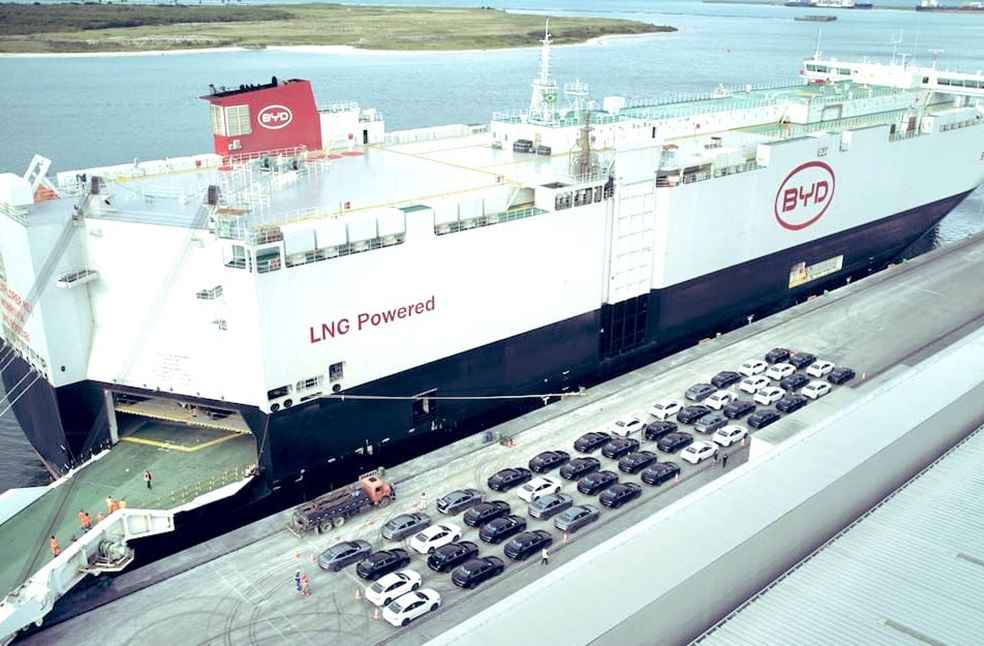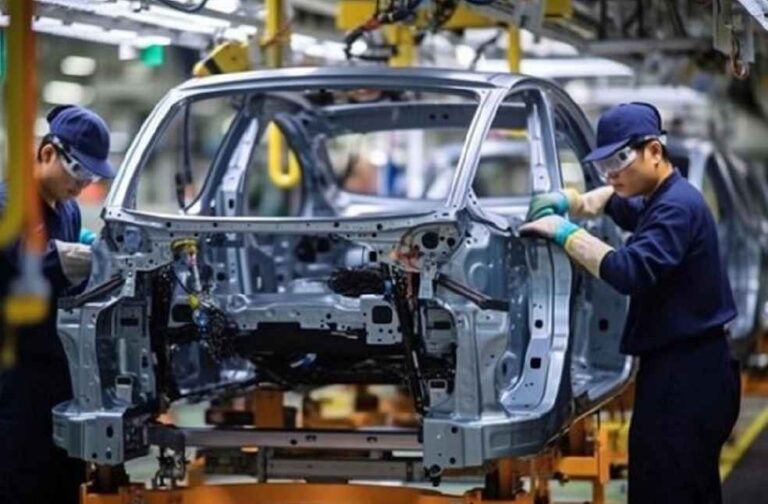U.S. President Donald Trump has imposed a 25% tariff on all imported cars not produced in the United States, a move that is expected to significantly impact South Korean automotive exports.
Speaking from the Oval Office on the 26th (local time), President Trump signed an executive order formalising the decision. “What we will do is impose a 25% tariff on all cars not produced in the United States,” he said, adding that the measure is expected to bring in $100 billion in revenue.
This decision follows a similar tariff hike on imported steel and aluminum, which took effect on the 12th. The automotive tariff marks a renewed push by President Trump to address what he describes as unfair trade practices, with more measures expected in the coming weeks.

During his first term in 2019, Trump directed the U.S. Department of Commerce to investigate the impact of imported vehicles on national security. The department recommended a 25% tariff on certain auto imports, but the proposal was never implemented at the time.
The reintroduction of car tariffs after six years is expected to have serious repercussions for South Korea, whose automotive industry is heavily reliant on exports to the U.S. As of 2023, South Korea ranked fourth in car exports to the U.S. behind Mexico, Japan, and Canada. Cars are Korea’s top export to the U.S., accounting for approximately 49%—or $34.744 billion—of the country’s total automotive export value of $70.789 billion last year.
Since 2016, Korean-made passenger vehicles, including electric cars, have enjoyed zero tariffs under the Korea-U.S. Free Trade Agreement (FTA). The new tariffs could undermine this arrangement, posing a significant challenge for Korean manufacturers.

President Trump also indicated that he will announce reciprocal tariffs on the 2nd of next month, based on the tariff and non-tariff barriers that other countries impose on the U.S. He referred to the date as “Liberation Day” and described the forthcoming measures as “very fair and generous,” adding that “other countries will be surprised.” When asked whether the reciprocal tariffs would apply to all countries or just the most restrictive, Trump responded, “All countries.”
The upcoming announcement is expected to escalate what observers have termed a “tariff war,” further straining international trade relations and placing additional pressure on U.S. trading partners.
POLICY & LAW | U.S. Export Blacklist Targets Dozens of Chinese Entities Over Tech Concerns



